Despite how flexible video game prices have been since the dawn of the entertainment medium, there has always been a specific price that is viewed as the “industry standard” when it comes to a majority of new game releases.
That price point was $60 USD for the last several console generations but over the last two years that has shifted—and it appears Nintendo is finally taking its shot at following that wave with the release of The Legend of Zelda: Tears of the Kingdom.
Starting with the release of the PlayStation 5 in late 2020, Sony and other developers slowly started moving the price tag for major releases to $70. This is due to a number of factors such as general profit margins and to account for the cost of developing big-budget games continuing to increase.
However, when you look at when that initial shift in pricing took place there is one key factor involved—it happened at the start of a new console generation when the PS5 and Xbox Series X/S were hitting the market.
Both of those machines were leaps and bounds ahead of their predecessors, even when taking into account the PS4 Pro and Xbox Series X mid-generation jumps. The PS5 and Series X/S simply allow for more to be done with performance and visuals thanks to their hardware, allowing developers to push their games further and achieve more across the board.
Nintendo did not, and still doesn’t, have that excuse. But it doesn’t matter.
While the Switch continues to sell well, with the hybrid console recently becoming the third best-selling console ever with more than 122 million units, it is showing its age in more ways than one.
Released in March 2017, the Switch was already lagging behind other consoles on the market in terms of power and performance. No model with upgraded internal hardware for the system has been released since then and the performance of some recent Nintendo titles, along with the lack of big third-party games coming to the system, is highlighting just how dated those specs are.
Pretty much every AAA third-party title that comes to Switch now is either brought over as a port that performs much worse on the system compared to other consoles or as a cloud title, which simply means purchasing it on Switch lets you stream the game over Wi-Fi—to mostly negative results. Outside of that, your best bet is smaller games or remasters that are released on every platform or Nintendo exclusives.
Even those Nintendo-published games have been struggling as of late too, with Bayonetta 3 and Pokémon Scarlet and Violet two prime examples. Specifically, with the new Pokémon games, the performance issues degraded the game’s experience so heavily that Nintendo and The Pokémon Company had to issue an apology and confirm a performance patch due to backlash—though that hasn’t stopped it from selling better than basically any game on the market.
While basically no one thinks TotK will have any major performance issues, the fact Nintendo is charging $70 for the game is rubbing some fans the wrong way.
Sure, many of the players who pick the game up will spend dozens or hundreds of hours in the game and it will likely earn that price tag, but it is the gall Nintendo is showing to up the price with no prior warning and on seven-year-old hardware with the potential for those issues where people are taking issue. And even then, it is still a small number of people talking about it compared to those talking about how excited they are for the game.
If you scroll through posts about TotK or this price jump specifically on social media, you will see most people shrugging their shoulders at the move and, rightfully, noting this is a “value” decision and not a tech-based one.






A game’s price is not defined by the generation or hardware it is released on, but by the value it is perceived at by the developers and publisher when marketing picks up ahead of a release. This is why some games are still being priced at $20 or less even if they have some visuals or mechanics that make better use of the tech than games priced at $70. The perceived value is different.
The entire decision can be broken down into these three points:
- Breath of the Wild has sold more than 29 million copies since launching in March 2017
- BotW is widely considered one of the greatest games of all time and is the best-selling Zelda title ever—by a factor of more than 20 million based on the most recent sales figures
- Nintendo knows players are going to buy Tears of the Kingdom and have priced it according to the value it places on the Zelda franchise, the Switch, and BotW
Nintendo isn’t going to suddenly shift its entire pricing scale to have all of its first-party published games be $70—as shown by Metroid Prime Remastered being $39.99 and Pikmin 4 being $59.99. It will still be a flexible scale based entirely on the perceived value of the finished product, a practice that has always been present in the games industry and Nintendo has confirmed itself.
“We determine the suggested retail price for any Nintendo product on a case-by-case basis,” a Nintendo spokesperson said to Game Informer.
You can likely expect the next Mario and Pokémon games to hit this price point when they drop, but don’t take this as another starting point to discuss the Switch’s hardware limitations when this practice has nothing to do with that. And that doesn’t even touch on the subject of enhanced or collector’s editions.
In the end, games cost a lot to make, and bigger games not only take more than a handful of years to make but also have large teams that work to make them great. If you don’t agree with the price, you don’t need to buy the product and can wait to get it during—one of the rare—Nintendo publisher sales. But it is almost guaranteed that this change won’t impact sales for TotK when it launches on May 12.


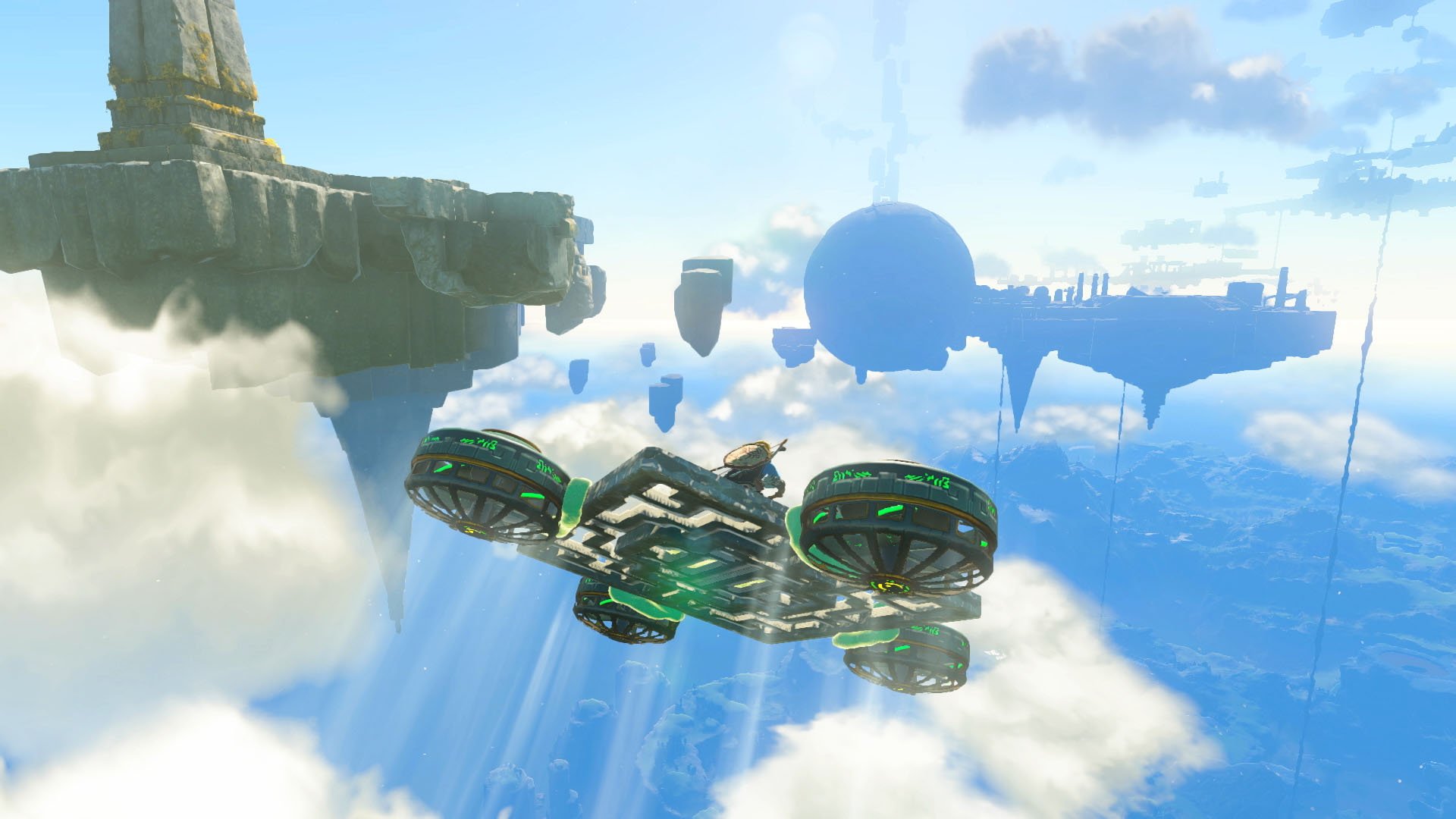
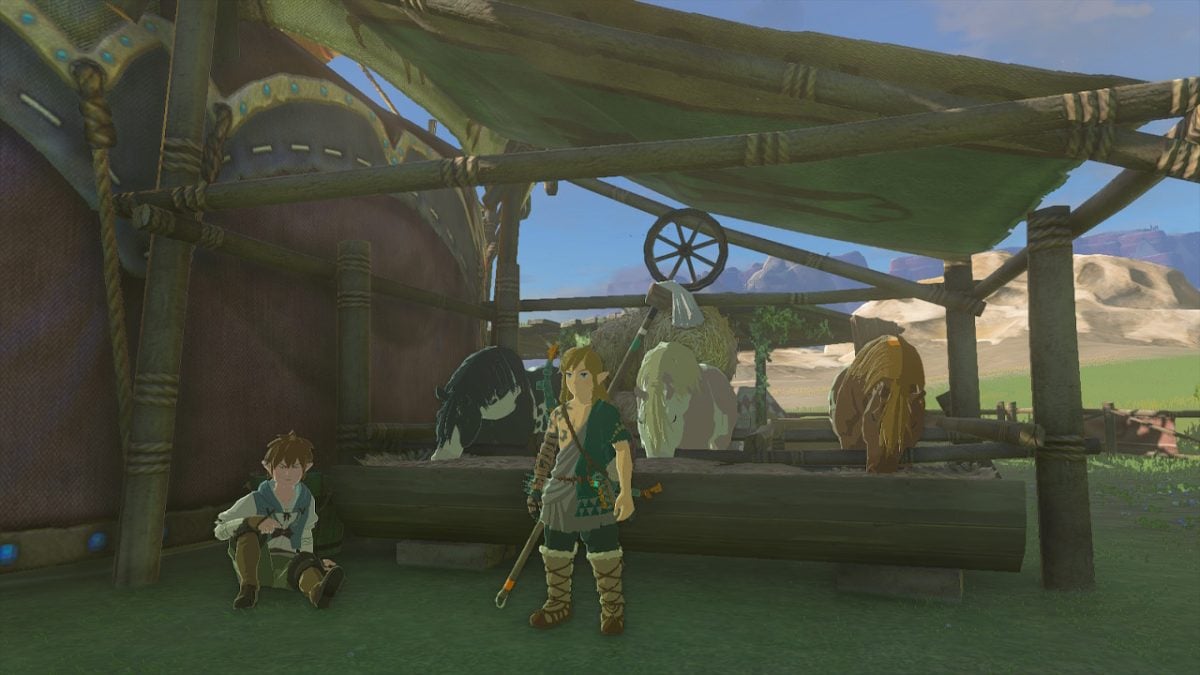
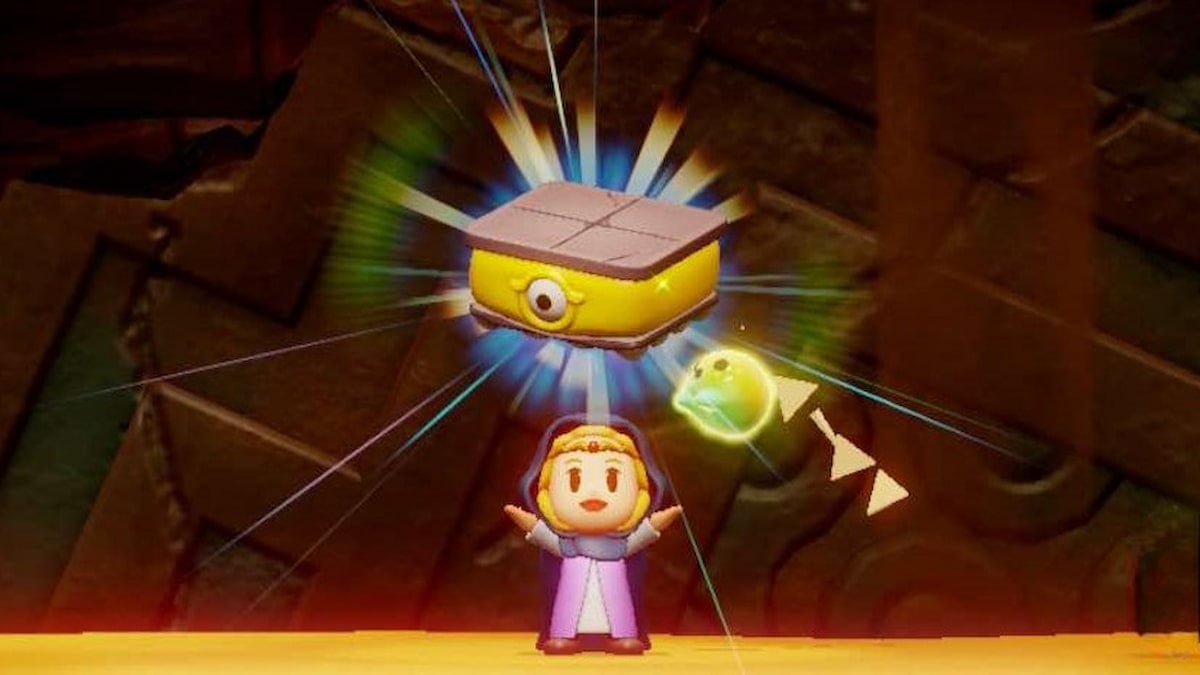
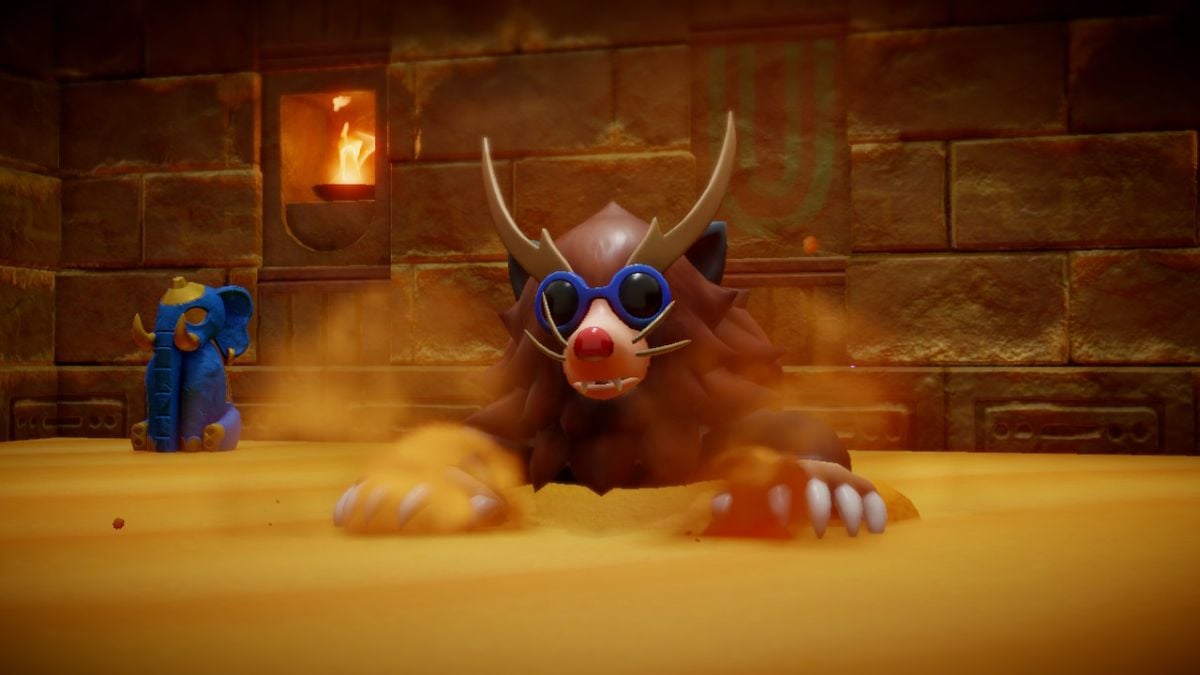
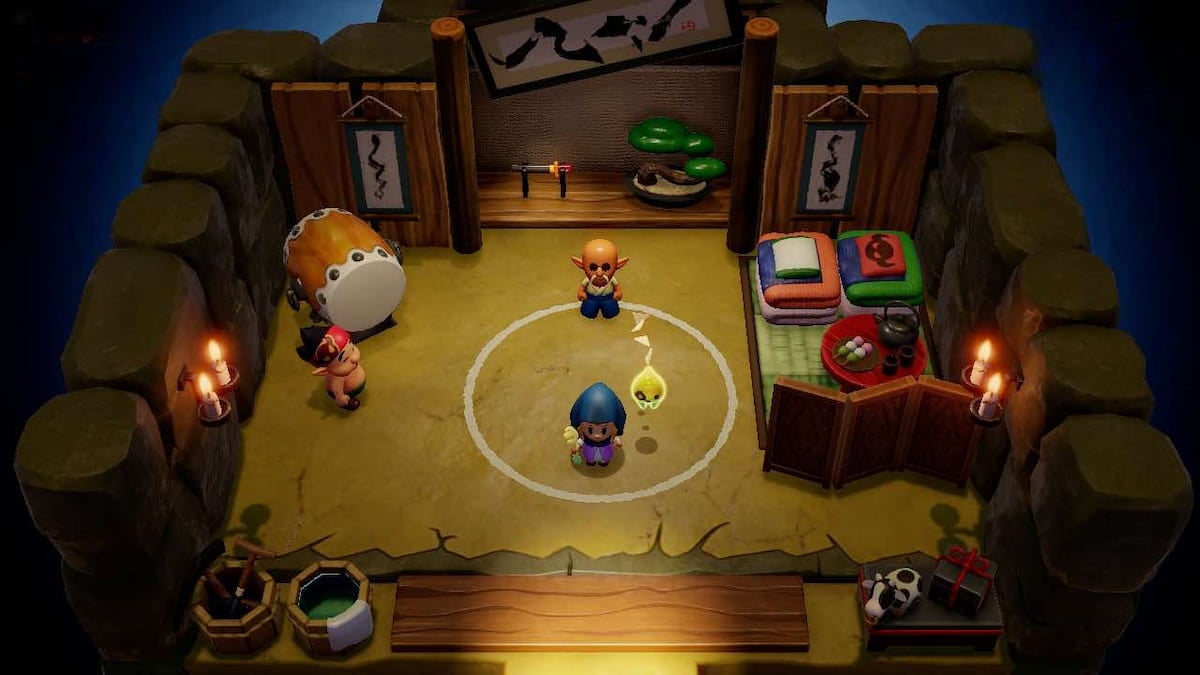
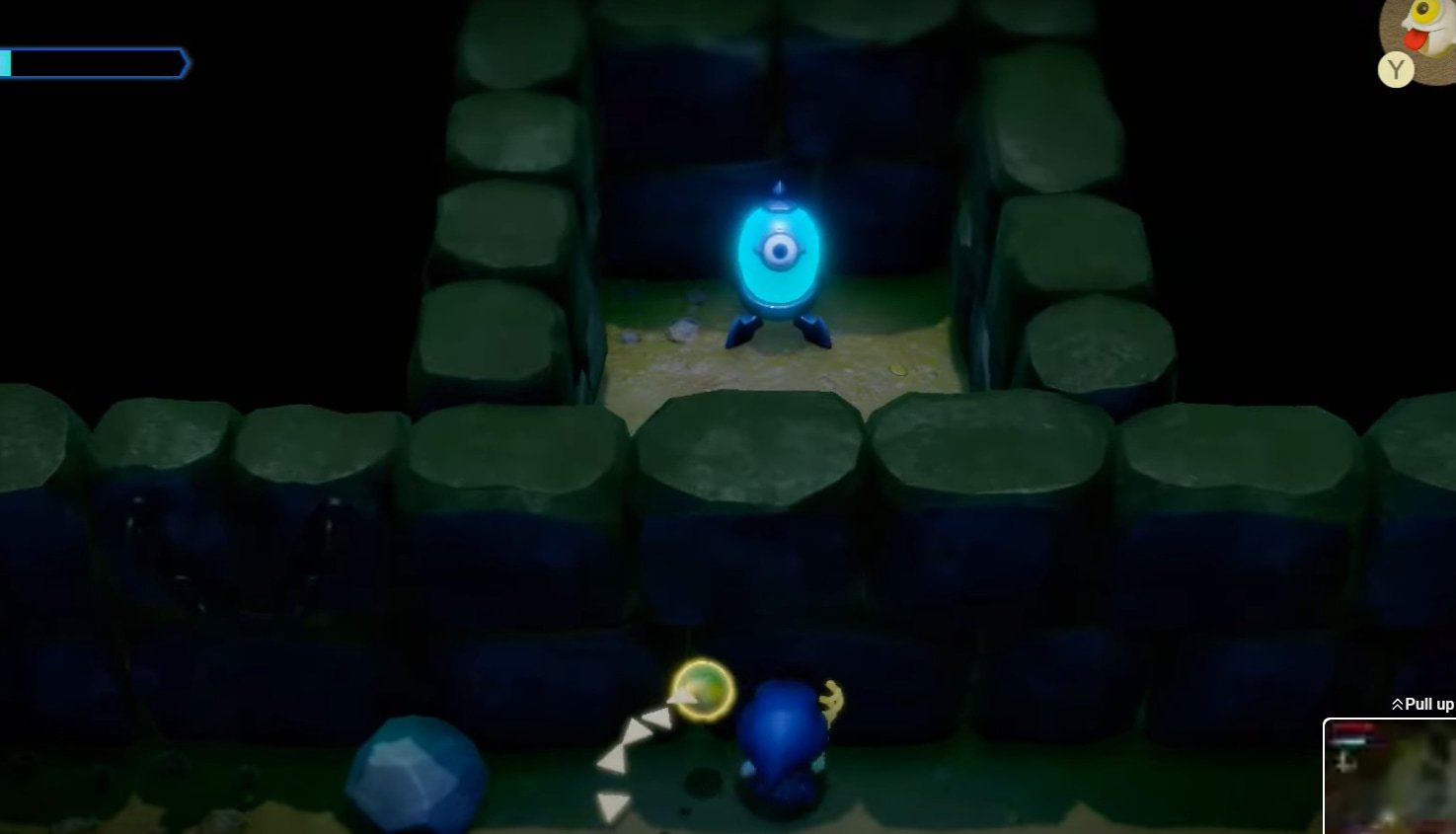
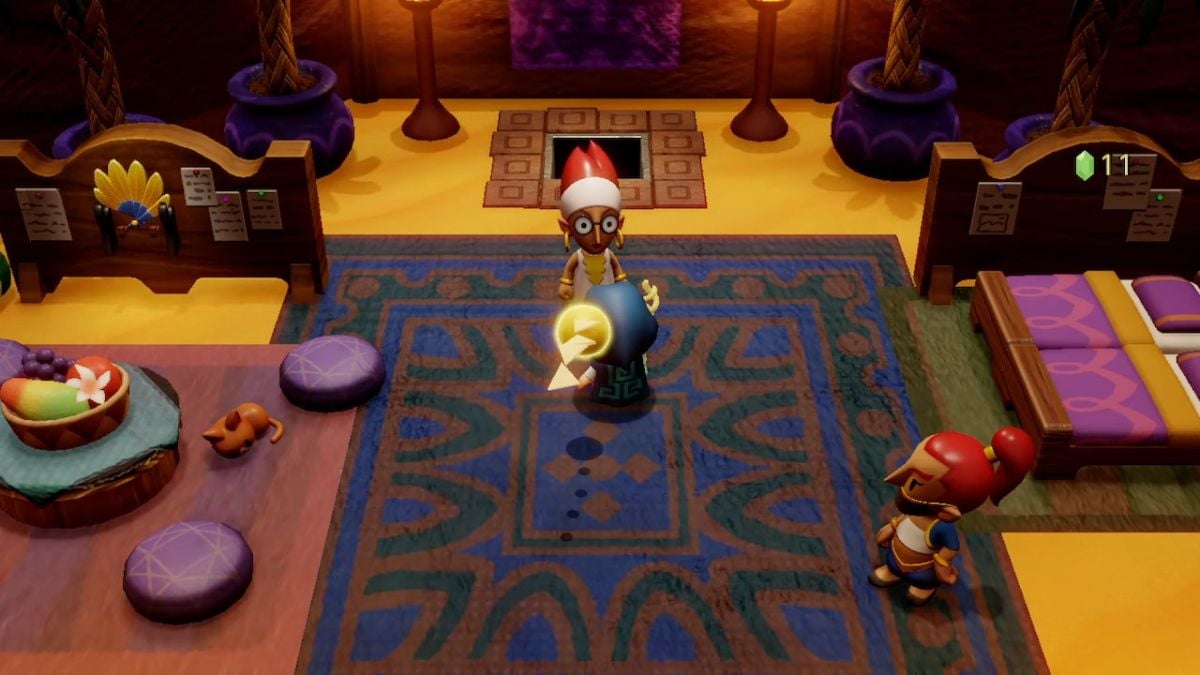
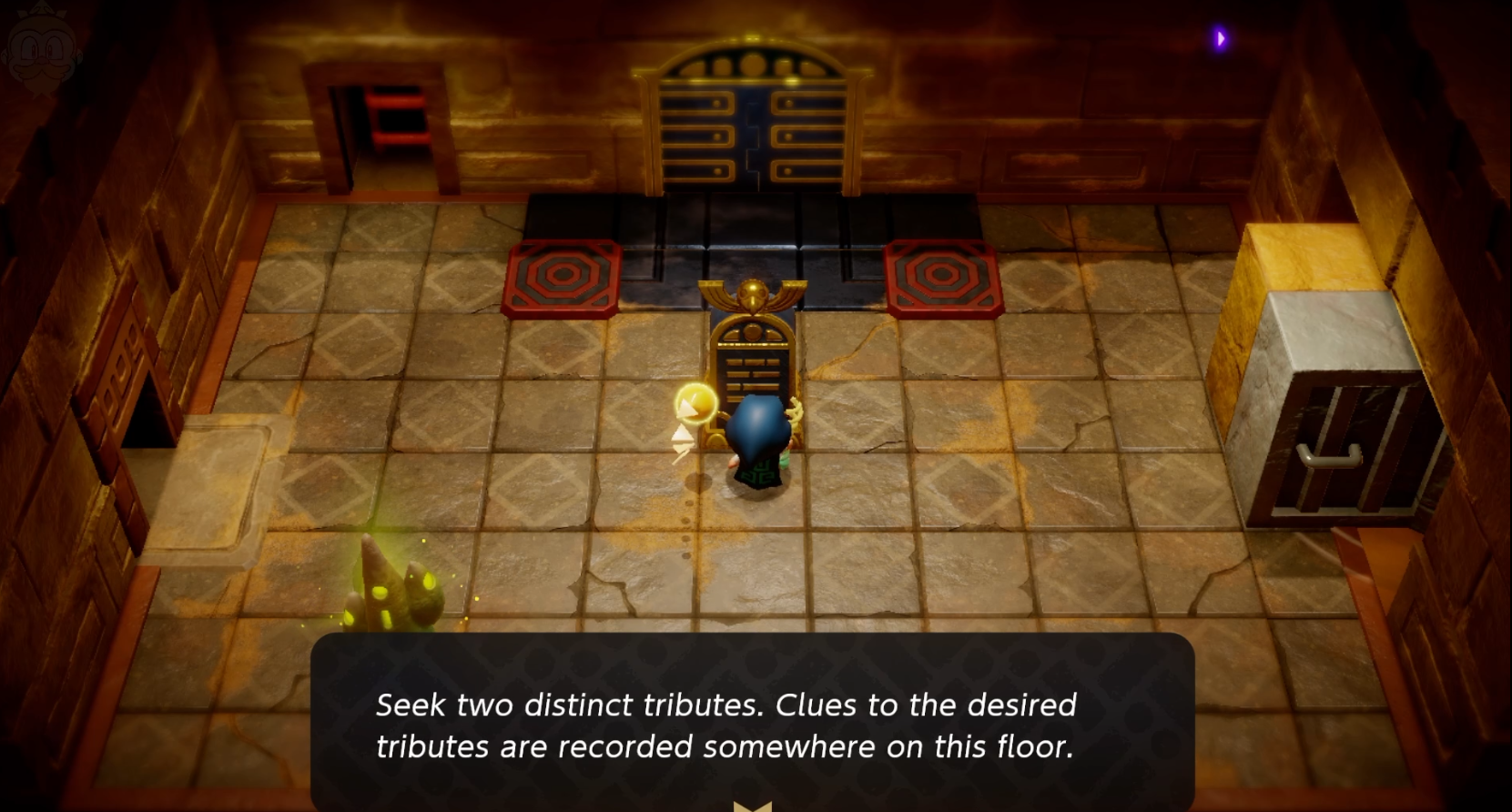
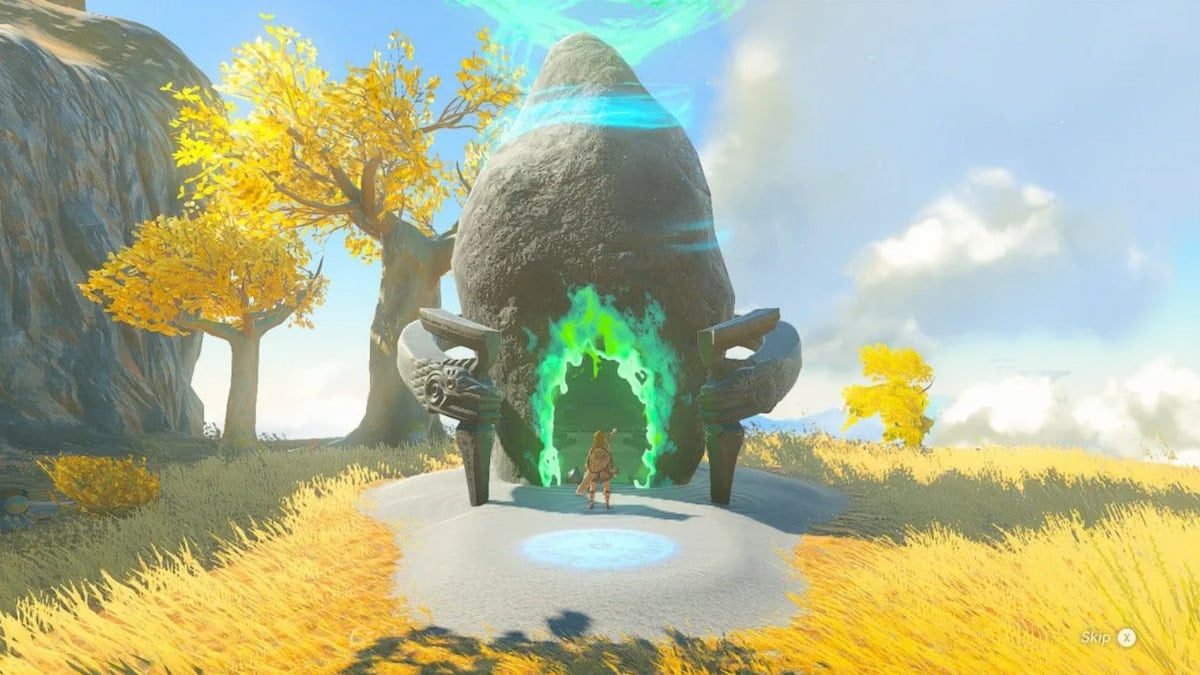

Published: Feb 9, 2023 12:40 am